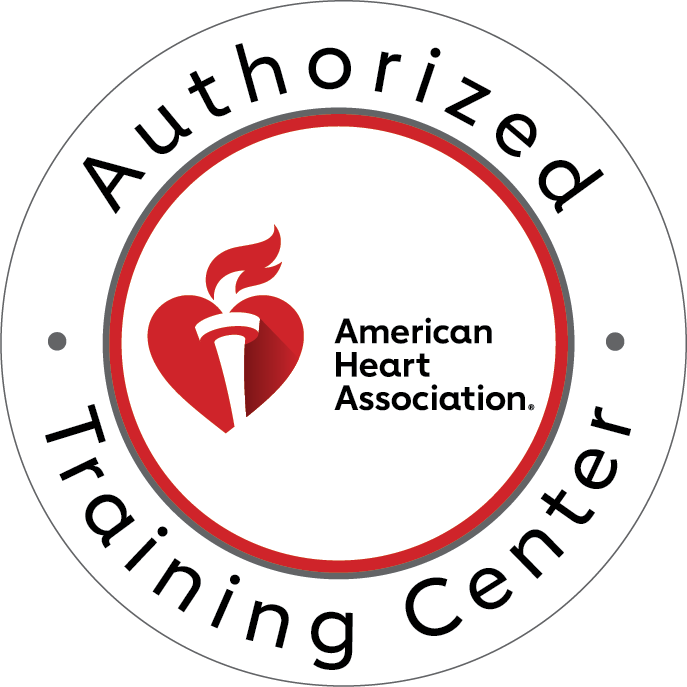HeartCode ® PALS Hands on Skills Session...TO BE TAKEN ONLY AFTER COMPLETING THE AHA eLEARNING HEARTCODE ACLS COURSE

For healthcare professionals who either direct or participate in the management of cardiopulmonary arrest or other cardiovascular emergencies and for personnel in emergency response.
The PALS Provider Course aims to improve outcomes for pediatric patients by preparing healthcare providers to effectively recognize and intervene in patients with respiratory emergencies, shock, and cardiopulmonary arrest by using high‐performance team dynamics and high‐quality individual skills. The course includes a series of case scenario practices with simulations that reinforce important concepts.
Pediatric Advanced Life Support (PALS) uses a series of videos and simulated pediatric emergencies to reinforce the important concepts of a systematic approach to pediatric assessment, basic life support, PALS treatment algorithms, effective resuscitation, and team dynamics. In this course, skills are taught in large, group sessions and small, group learning and testing stations where case-based scenarios are presented. Students also complete a written exam.
PALS Pre-course self-assessment must be completed and turned in prior to the beginning of class.
Please arrive early to class, as instruction will begin promptly at the class start time.
See confirmation email for payment processing.




 239-477-3520
239-477-3520
